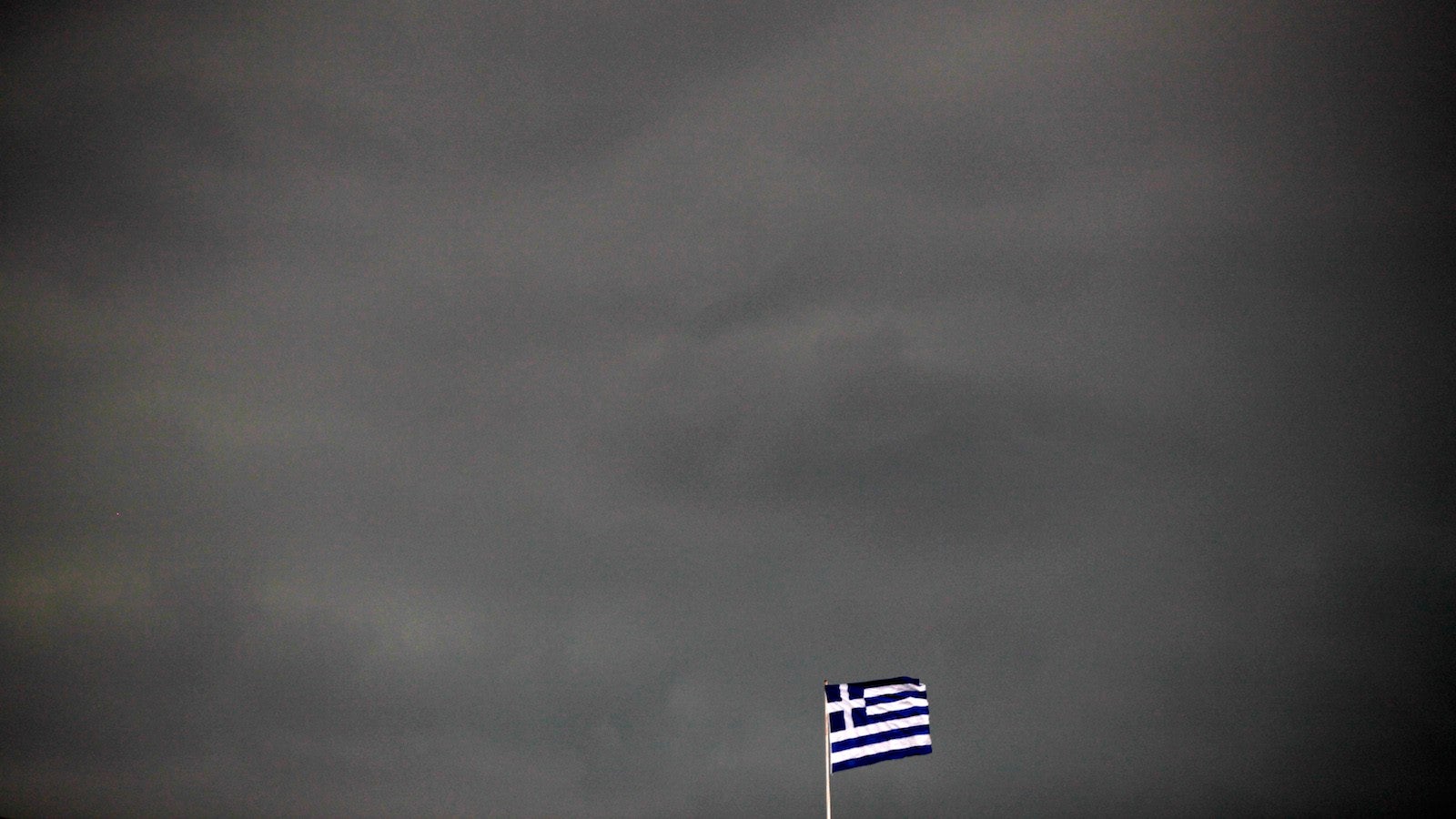Greece has been operating on other countries’ time for too long
On June 19, 2015, a group of artists and theorists (including ourselves) took over the historic Athens cafe Green Park, in Pedion tou Areos, one of the city’s two central parks.


On June 19, 2015, a group of artists and theorists (including ourselves) took over the historic Athens cafe Green Park, in Pedion tou Areos, one of the city’s two central parks.
During Greece’s recent years of economic crisis, many self-organized initiatives, collective actions and grassroots social experiments have emerged, seeking to create their own economies and solutions to social and political instability. In contemporary Greece’s dilapidated urban landscape, with public funding for the arts frozen and a vacuum of government support, collective initiatives like Green Park offer new posibilities for art and civic life.
The occupation of Green Park was intended to create a space that hosts diverse events, discussions, lectures, performances, concerts and workshops in the garden, terrace and inside spaces of the building in order to rethink the potential of joy and politics in unexpected places and in Athens at this moment in time.
“Events upset calculations,” Marxist Henri Lefebvre once argued and over the first 10 days of our occupation, these activities have ended up responding to the social conditions of economic crisis: Late on June 27, 2015, Greek prime minister Alexis Tsipras announced a referendum, in which Greek citizens will decide whether they accept the new set of conditions for an economic bailout. A day later, capital controls were imposed in the Greek banks.
This is now the week of “bank holidays,” in which the banks are closed and the ATMs have a daily withdrawal limit per person of 60 euros (recently raised to 120 for pensioners). In the UK, bank holiday means a day off. A public holiday. Here, our “bank holiday” is a strange and uncomfortable one.
But then again, our holidays have been unusual for some time; in recent years, many Greeks who work for international companies have found themselves obliged to follow the holiday schedule of headquarters in another country. So this week is not the first time that the days off and free time in Greece follow structures and movements that resonate from far outside of the country.
Bank holidays and payment plans designed by others. The geopolitical displacement of power and control. These issues are central to the current socio-political challenges dividing Greece into those who would vote “Yes,” to the July 5 referendum, and those who would vote “No.” This referendum reveals a series of important and urgent questions: how can voting “Yes,” or “No” change Greece’s future, which today looks indisputably bleak either way? Are there alternatives to the political structures of our times? And what would constitute real political action in this case?
Greek people face these questions today, but they are relevant all over the world. On June 30, the first day of closed banks this week, Green Park cancelled all programmed activities. We opened the space to meetings, public discussions, solidarity, exchanges, listening and reflection, a place to be together before these urgent, political challenges. Around 10 pm, in this once-abandoned building, people gathered around a radio to listen to the latest news, while in the garden music was playing.